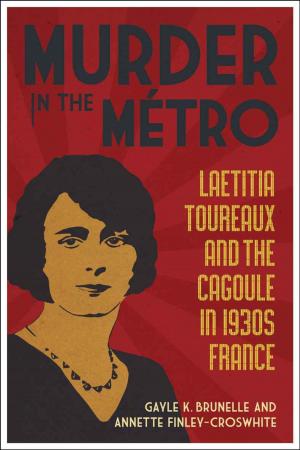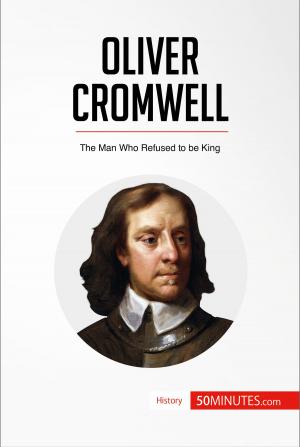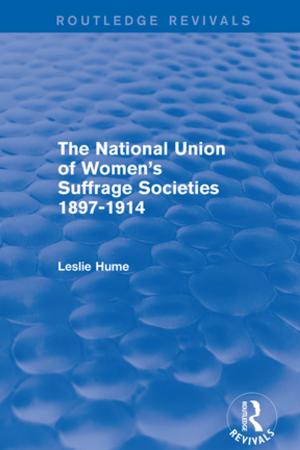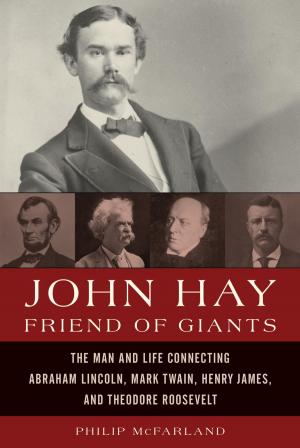RICO- How Politicians, Prosecutors, and the Mob Destroyed One of the FBI’s finest Special Agents
Nonfiction, History, Modern| Author: | Joe Wolfinger | ISBN: | 9781938701641 |
| Publisher: | Joe Wolfinger | Publication: | December 3, 2012 |
| Imprint: | Smashwords Edition | Language: | English |
| Author: | Joe Wolfinger |
| ISBN: | 9781938701641 |
| Publisher: | Joe Wolfinger |
| Publication: | December 3, 2012 |
| Imprint: | Smashwords Edition |
| Language: | English |
Veteran FBI Agent H. Paul Rico, 78 and in rapidly failing health, was charged in 2003 in the high-profile, 22-year-old murder of a prominent Tulsa, Okla., businessman. The allegations against Rico are contained in a brief mention in a loosely-drawn criminal charge filed with a detective's affidavit. No trial or even a preliminary hearing was ever held. The investigation by Wolfinger and Kerr found there was no credible evidence that Rico ever committed any crime. The key — and only — witnesses against him were two convicted organized crime assassins who fingered Rico in an attempt to beat new murder raps and avoid their own almost certain death sentences. Only one of those mobsters, Steve Flemmi, even claimed to have spoken to Rico about the Tulsa murder in a long-distance telephone call 22 years earlier.
Vigorous arguments by Rico's attorney that the veteran agent was "extremely sick" and that any further delay in scheduling a trial could make the matter moot went unheeded. Even the attorney's last desperate plea for the judge to order the shackles removed from Rico's legs while he awaited trial was rejected. The veteran agent died a few hours after that hearing, still shackled to his hospital bed — with his jail guards outside his room.
An extensive review of the volumes of records show that H. Paul Rico was a good man, a devoted husband and father, and a highly-commended and successful FBI agent who spoke the language of the street. He worked from the 1950s until he retired in 1975, a time when agents had to rely on their wits instead of overwhelming technology, their courage instead of massive numbers and their instincts instead of a profiling systems. Rico stood alone in the recruitment of some of the bureau's most successful, top echelon government witnesses.
Rico's work produced some of the biggest victories in the FBI’s war on organized crime. Rico's efforts to convince top-level mobsters to testify against the likes of Carlo Gambino, the legendary La Cosa Nostra Boss of Bosses, and New England Boss Ray Patriarca drew praise, but the agent's unprecedented successes also resulted in a contract on his life and some powerful life-long enemies. As the story unfolds, the mobsters, their lawyers and the ambitious politicians they worked so hard to corrupt, joined forces to see that mob bosses had their revenge.
This is the true story of FBI Agent H. Paul Rico. The writers, Joe Wolfinger and Christophir Kerr, are both retired FBI agents and attorneys. They never met Rico. They are, however, both veteran investigators who made their bones by working the streets building complicated cases and winning difficult convictions. They appreciate first rate agents, like Rico, who take the risk of mixing it up with criminals and persuading some of them to cooperate with law enforcement or, as they used to refer to it when they were active agents, persuading them to "join America's team."
When they began they were surprised at what they found and, more particularly, at what was missing. Over the past several years, they reviewed hundreds of court documents and public records, and conducted several hundred interviews. Ultimately, they were shocked at the total miscarriage of justice that surrounded and eventually consumed the Rico case.
With the assistance of veteran newsman Jerry Seper, who helped reorganize and refocus the Rico story, the truth about the veteran agent is considerably different from what the public has been told or read in some newspapers, seen on the Internet or heard from some blustery Congressman.
Wolfinger and Kerr repeatedly developed information that contradicts the "evidence" used in the case against Rico and show that the myth of his involvement in the 1981 murder was the concoction of two desperate Boston mobsters. More than that, they detail how the false charges that led to Rico's lonely death can only be explained by a perfect storm of corruption, ambition, raw politics and incompetence.
Veteran FBI Agent H. Paul Rico, 78 and in rapidly failing health, was charged in 2003 in the high-profile, 22-year-old murder of a prominent Tulsa, Okla., businessman. The allegations against Rico are contained in a brief mention in a loosely-drawn criminal charge filed with a detective's affidavit. No trial or even a preliminary hearing was ever held. The investigation by Wolfinger and Kerr found there was no credible evidence that Rico ever committed any crime. The key — and only — witnesses against him were two convicted organized crime assassins who fingered Rico in an attempt to beat new murder raps and avoid their own almost certain death sentences. Only one of those mobsters, Steve Flemmi, even claimed to have spoken to Rico about the Tulsa murder in a long-distance telephone call 22 years earlier.
Vigorous arguments by Rico's attorney that the veteran agent was "extremely sick" and that any further delay in scheduling a trial could make the matter moot went unheeded. Even the attorney's last desperate plea for the judge to order the shackles removed from Rico's legs while he awaited trial was rejected. The veteran agent died a few hours after that hearing, still shackled to his hospital bed — with his jail guards outside his room.
An extensive review of the volumes of records show that H. Paul Rico was a good man, a devoted husband and father, and a highly-commended and successful FBI agent who spoke the language of the street. He worked from the 1950s until he retired in 1975, a time when agents had to rely on their wits instead of overwhelming technology, their courage instead of massive numbers and their instincts instead of a profiling systems. Rico stood alone in the recruitment of some of the bureau's most successful, top echelon government witnesses.
Rico's work produced some of the biggest victories in the FBI’s war on organized crime. Rico's efforts to convince top-level mobsters to testify against the likes of Carlo Gambino, the legendary La Cosa Nostra Boss of Bosses, and New England Boss Ray Patriarca drew praise, but the agent's unprecedented successes also resulted in a contract on his life and some powerful life-long enemies. As the story unfolds, the mobsters, their lawyers and the ambitious politicians they worked so hard to corrupt, joined forces to see that mob bosses had their revenge.
This is the true story of FBI Agent H. Paul Rico. The writers, Joe Wolfinger and Christophir Kerr, are both retired FBI agents and attorneys. They never met Rico. They are, however, both veteran investigators who made their bones by working the streets building complicated cases and winning difficult convictions. They appreciate first rate agents, like Rico, who take the risk of mixing it up with criminals and persuading some of them to cooperate with law enforcement or, as they used to refer to it when they were active agents, persuading them to "join America's team."
When they began they were surprised at what they found and, more particularly, at what was missing. Over the past several years, they reviewed hundreds of court documents and public records, and conducted several hundred interviews. Ultimately, they were shocked at the total miscarriage of justice that surrounded and eventually consumed the Rico case.
With the assistance of veteran newsman Jerry Seper, who helped reorganize and refocus the Rico story, the truth about the veteran agent is considerably different from what the public has been told or read in some newspapers, seen on the Internet or heard from some blustery Congressman.
Wolfinger and Kerr repeatedly developed information that contradicts the "evidence" used in the case against Rico and show that the myth of his involvement in the 1981 murder was the concoction of two desperate Boston mobsters. More than that, they detail how the false charges that led to Rico's lonely death can only be explained by a perfect storm of corruption, ambition, raw politics and incompetence.















